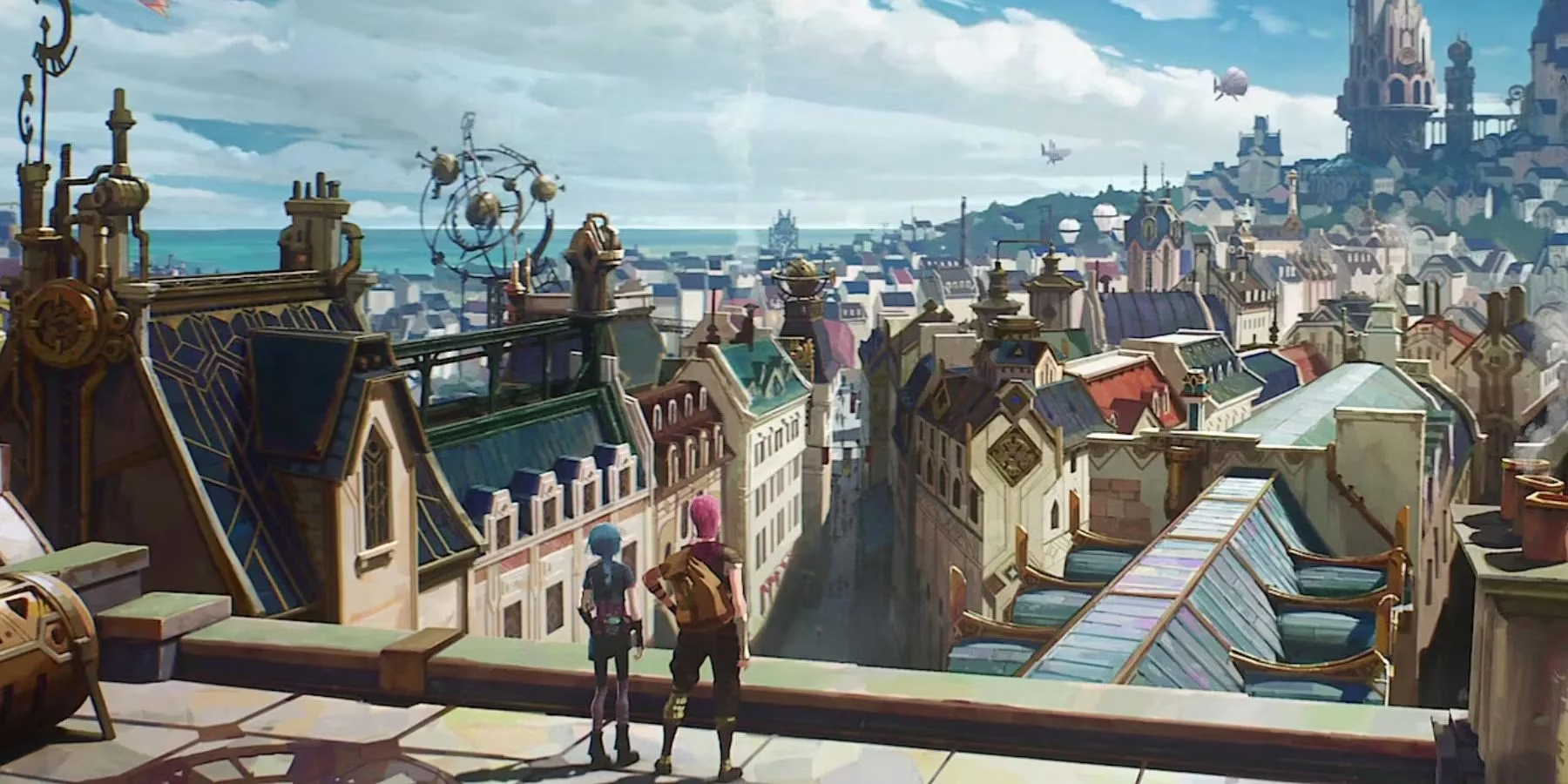Riot's MMO Reset: A Painful Pivot Toward Perfection
Discover Riot's ambitious overhaul of the League of Legends MMO, emphasizing innovation, authenticity, and revolutionary gameplay for an epic gaming experience.
The year was 2025, and the air in the League of Legends community hung heavy with anticipation turned sour. Marc Merrill's words still echoed across social media platforms – the League MMO wasn't just delayed; it was being rebuilt from scratch. For players who'd clung to hope since the first 2019 teases, the reset announcement felt like watching a tower collapse after years of painstaking construction. Four years of radio silence following the 2020 confirmation had already stretched patience thin. Now? The architects themselves admitted the foundations were flawed.

That Familiar Echo of Ambition
Whispers circulated about Greg Street's departure back in 2023 – the ex-Blizzard veteran whose exit fueled rumors of fundamental creative clashes. His replacement, Fabrice Condominas, brought Mass Effect 3 credentials and fresh perspective. Yet when Merrill finally broke silence, he didn't speak of personnel changes. He spoke of philosophy. The brutal confession? Riot refused to deliver "just another MMO with a Runeterra coat of paint." 🎨 The comparison floated inevitably to Metroid Prime 4's own public dismantling years prior – proof that even giants stumble when chasing greatness. Merrill's thread read like a manifesto:
-
Radical commitment to innovation over convention
-
Willingness to scrap years of work
-
Uncompromising vision for authenticity
The Silence Before the Storm
"Going dark for several years" – five words that transformed anticipation into purgatory. Players dissected Merrill's sparse statements like ancient scrolls. What constituted generic MMO design? Was it:
| Suspect Mechanics | Riot's Potential Fix |
|---|---|
| Quest hub overload | Dynamic world events |
| Gear treadmills | Meaningful progression |
| Static factions | Evolving loyalties |
The vacuum bred both frustration and fascination. Some recalled Condominas' initial enthusiasm – that BioWare pedigree suggesting rich storytelling possibilities. Others fixated on Street's ominous pre-departure murmurs about unreleasable projects. Merrill offered only cryptic reassurance: "No news is good news." An awkward comfort for communities accustomed to Riot's aggressive content pipelines.
Rebuilding the Foundations
What fragments remained visible suggested tectonic shifts. The reset wasn't mere polish – it demanded reinvention of core systems. Early whispers hinted at:
-
Abandoning traditional leveling paradigms 💥
-
Integrating LoL's champion mechanics into MMO combat
-
Regional conflicts altering world geography
Fans debated whether Condominas' Mass Effect experience signaled heavier narrative focus. Would player choices ripple across Runeterra? Could Piltover's tech bloom alongside Noxian invasions? The possibilities shimmered tantalizingly beyond reach.
The Weight of Runeterra
Five years since announcement. Six since initial teases. The reset transformed waiting from passive patience into active sacrifice. Merrill's gratitude for fan endurance rang bittersweet – appreciation for tolerance of Riot's ruthless perfectionism. Some whispered the project might still vanish entirely despite reassurances. Others argued this very willingness to destroy their work proved commitment. After all, easier paths existed:
🚀 Cash grabs with familiar systems
🚀 Reskinned WoW clones
🚀 Early access compromises
Yet Riot chose demolition. The ghost of Greg Street's departure haunted discussions – a reminder that creative rebirth demands brutal honesty. As development tunnels went dark in 2025, only one certainty remained: when Runeterra finally emerged, it wouldn't bear resemblance to anything players expected. And perhaps... that was the point all along.
